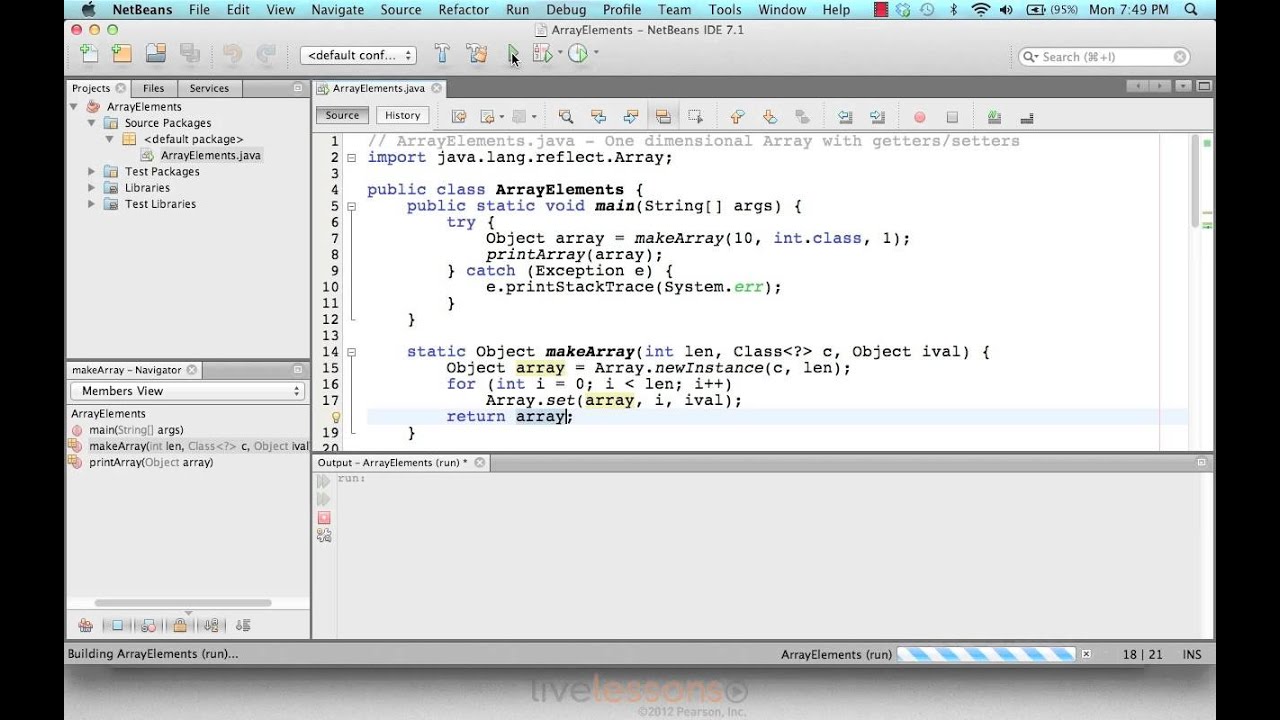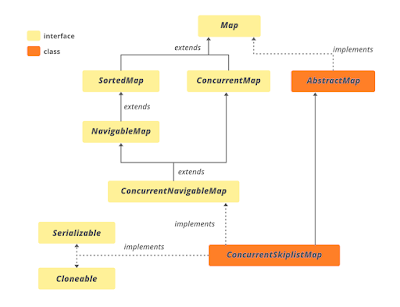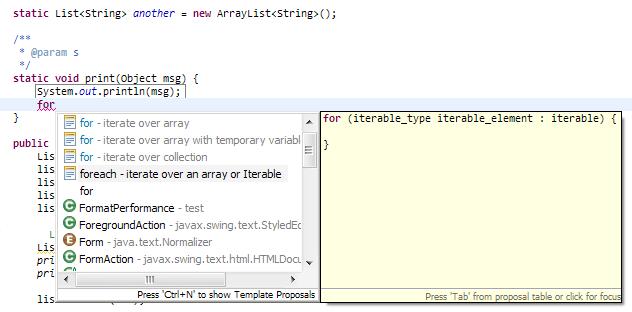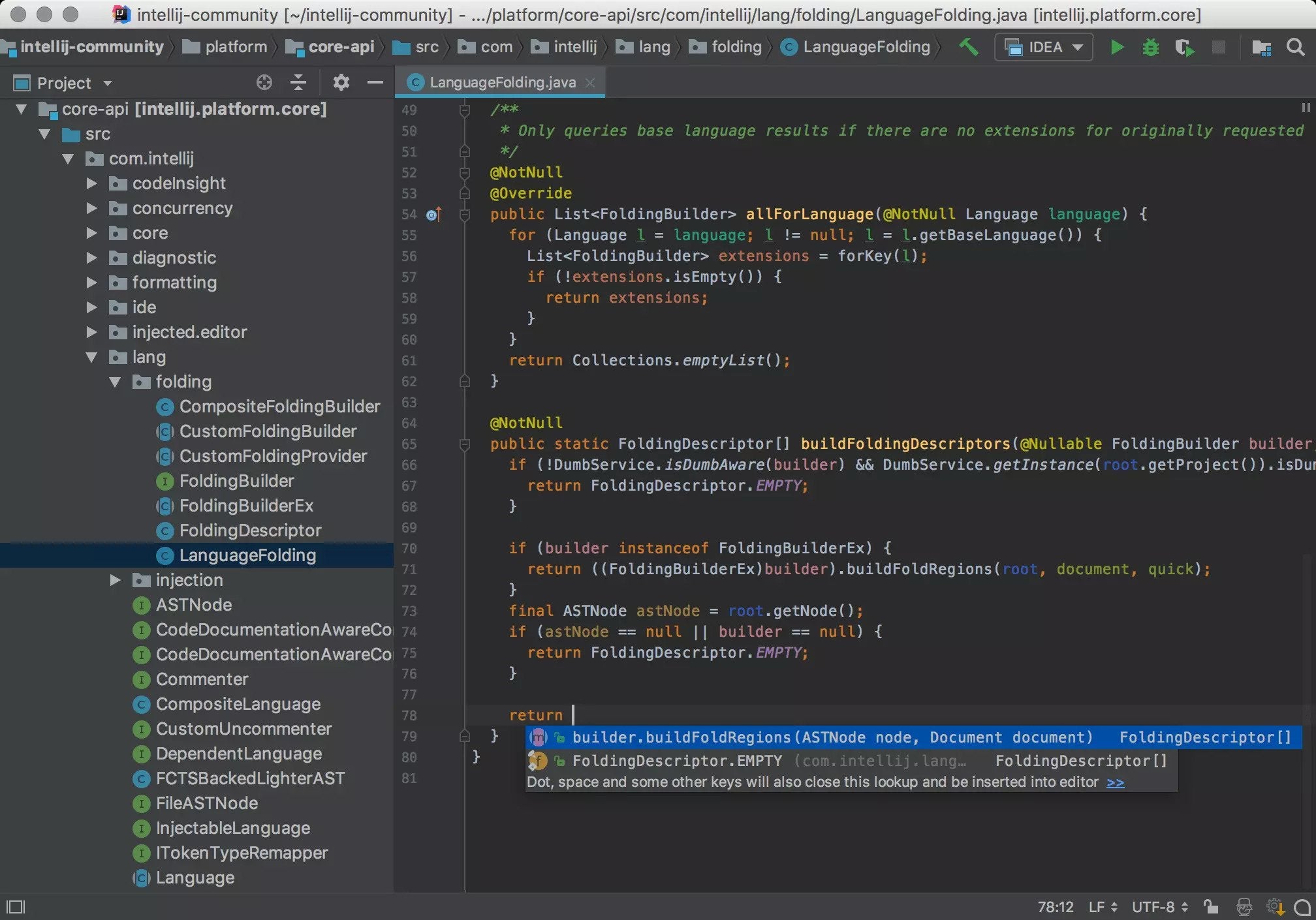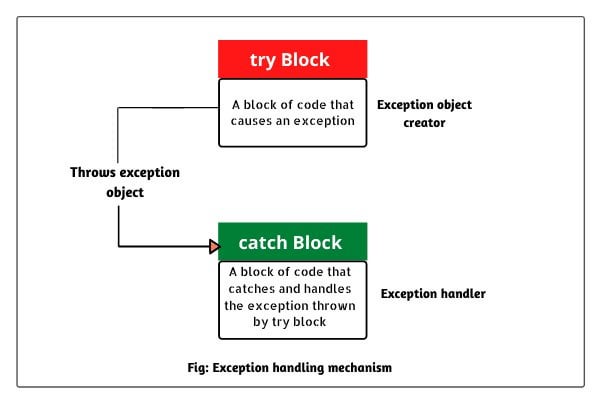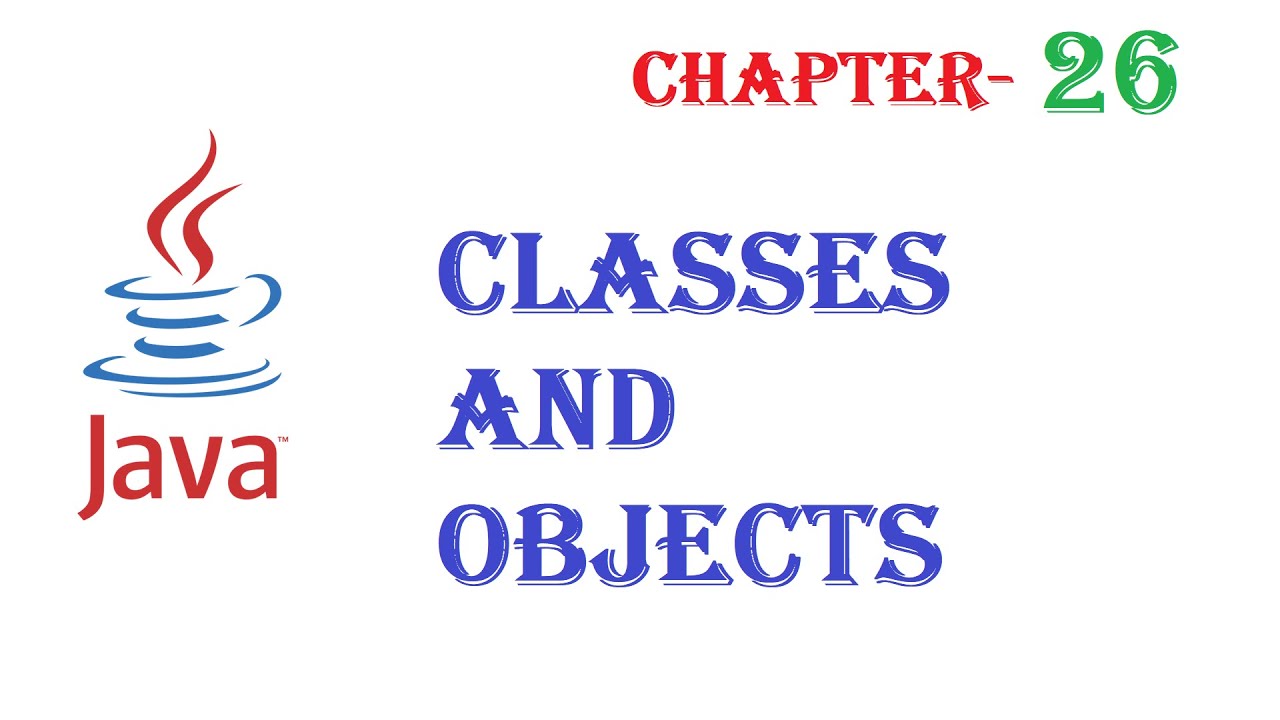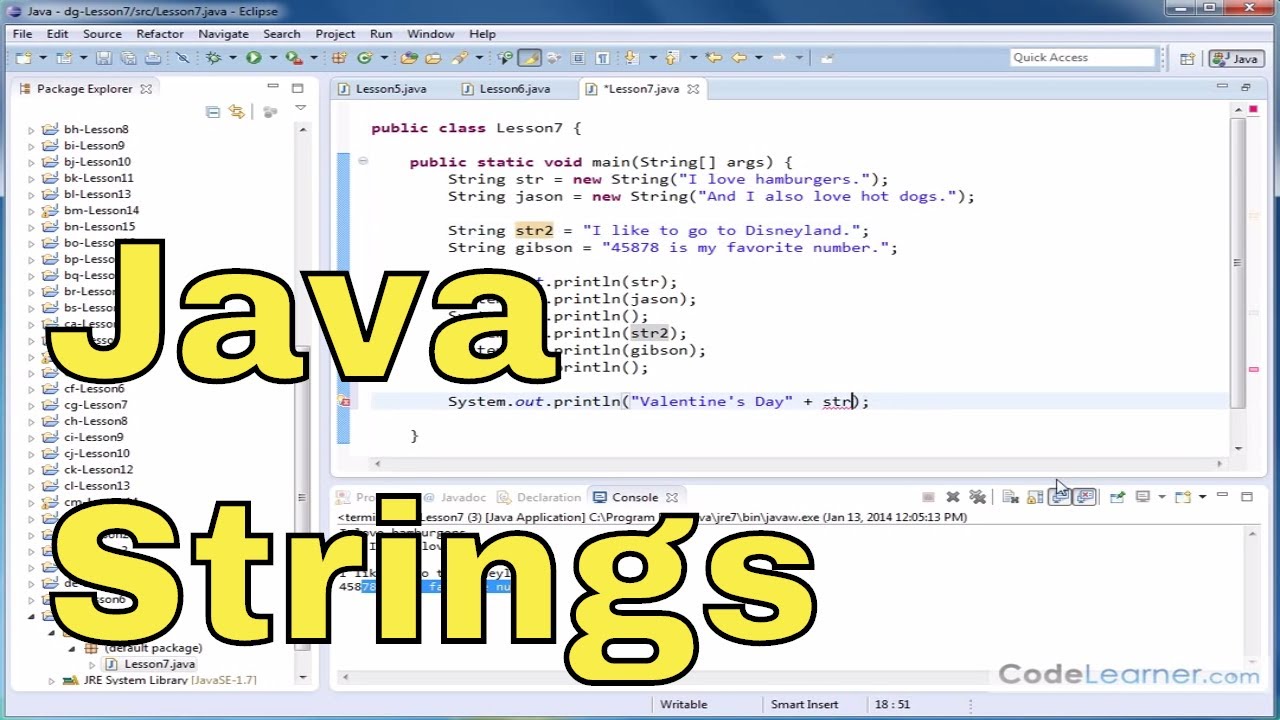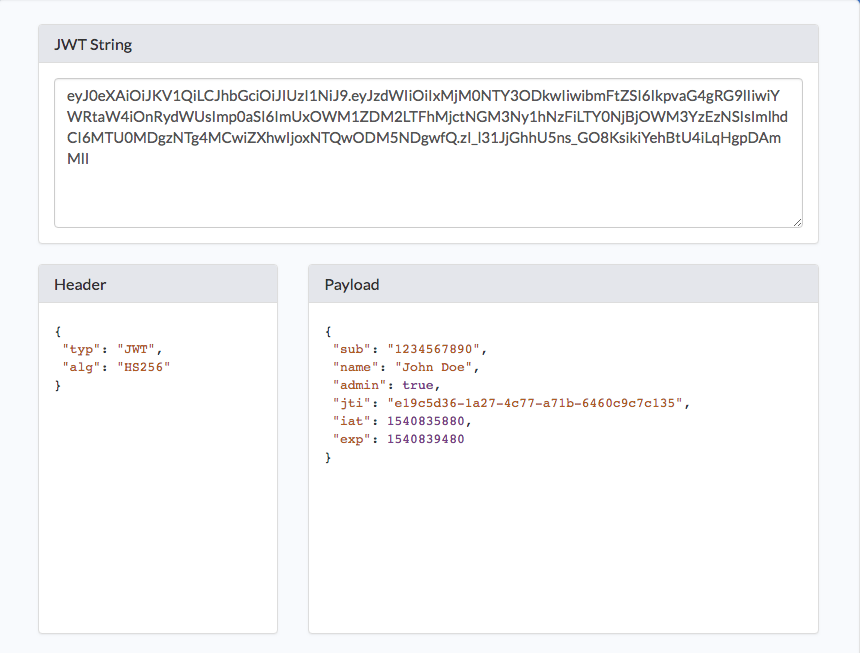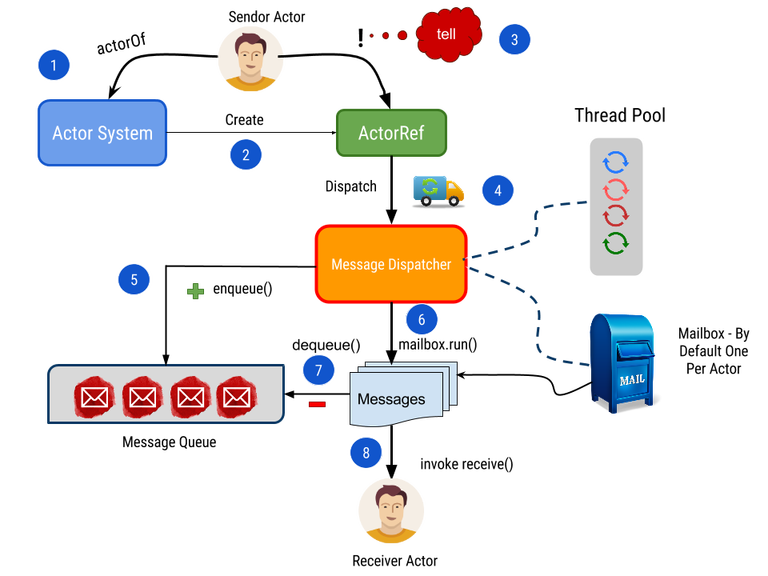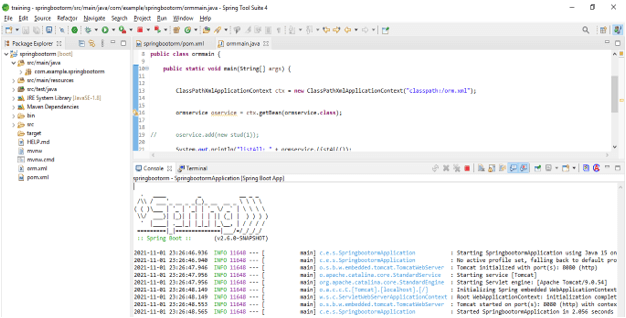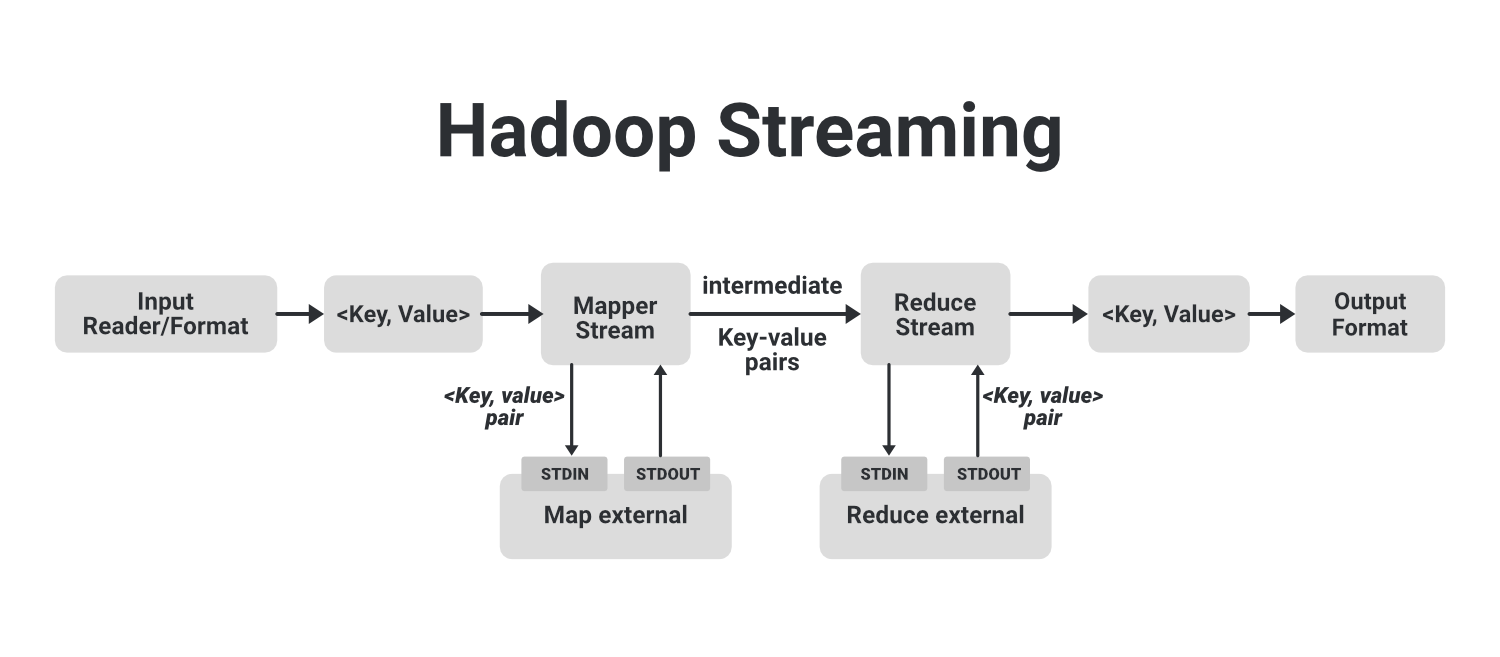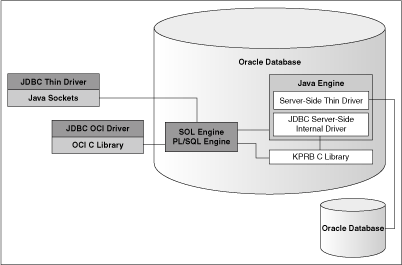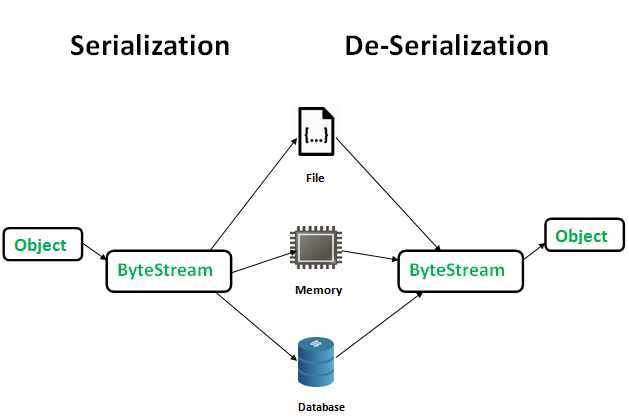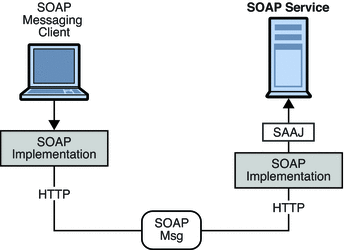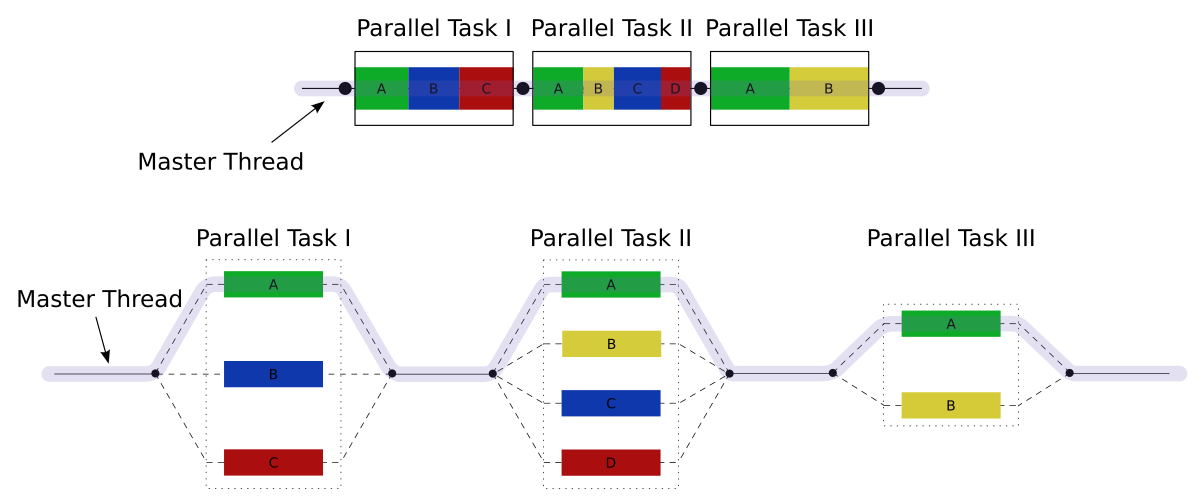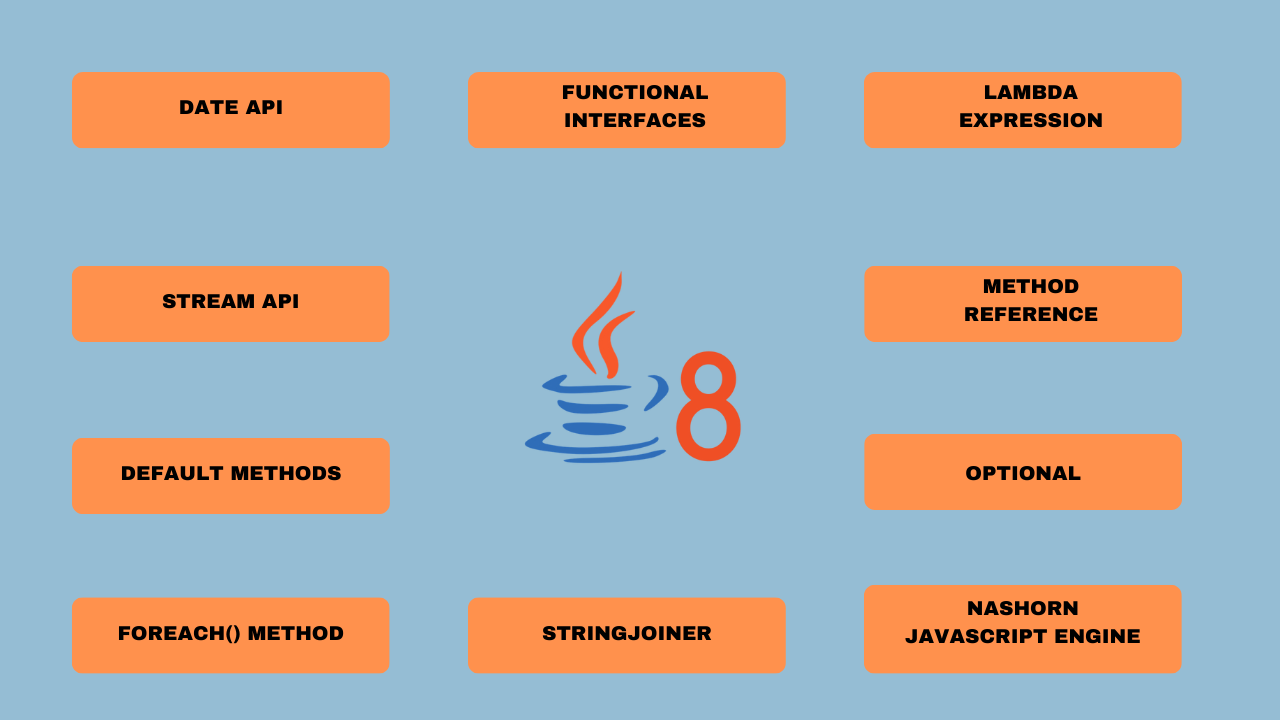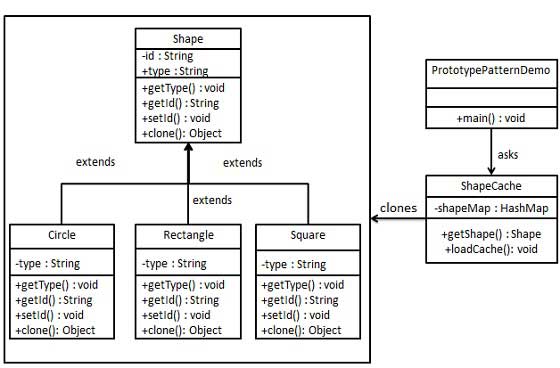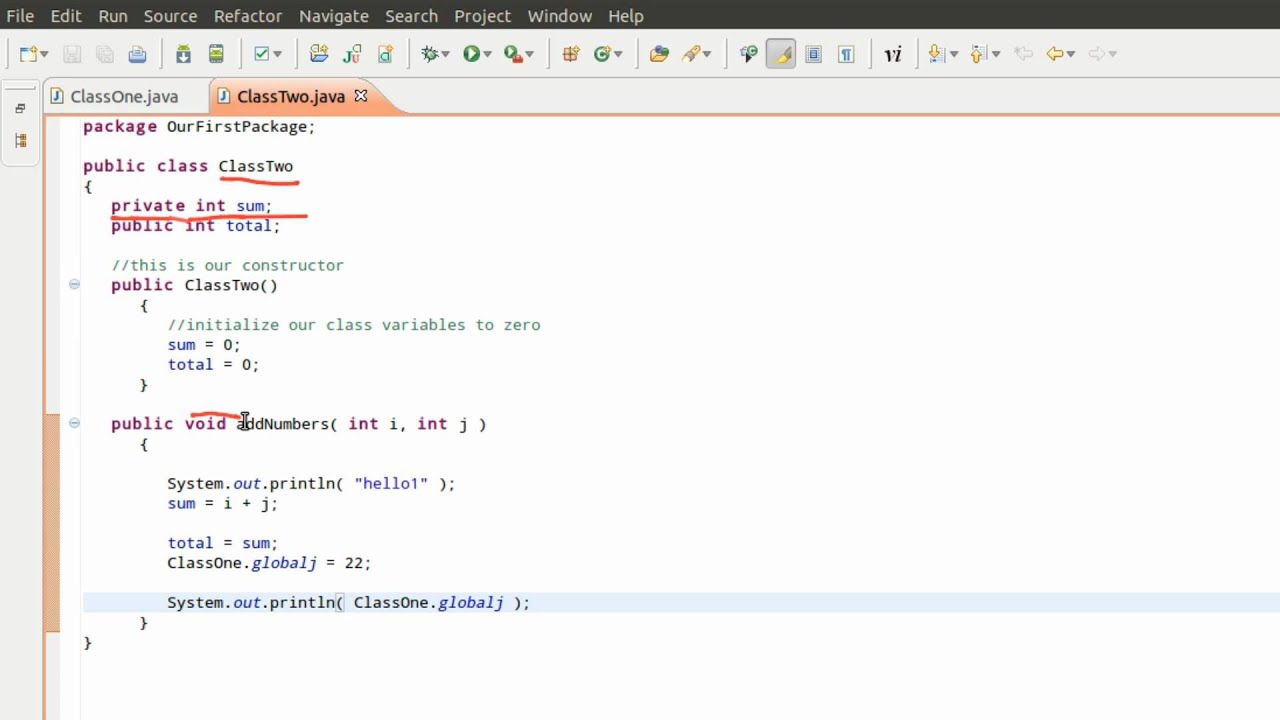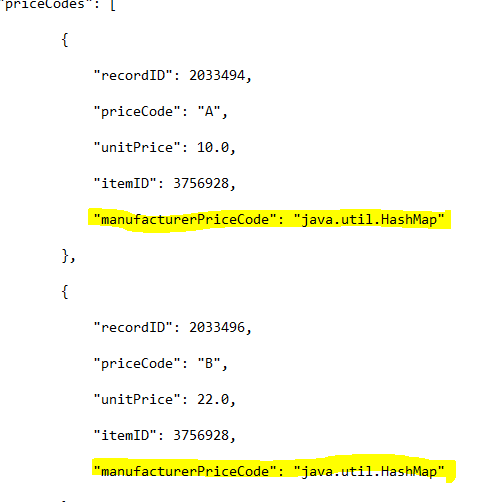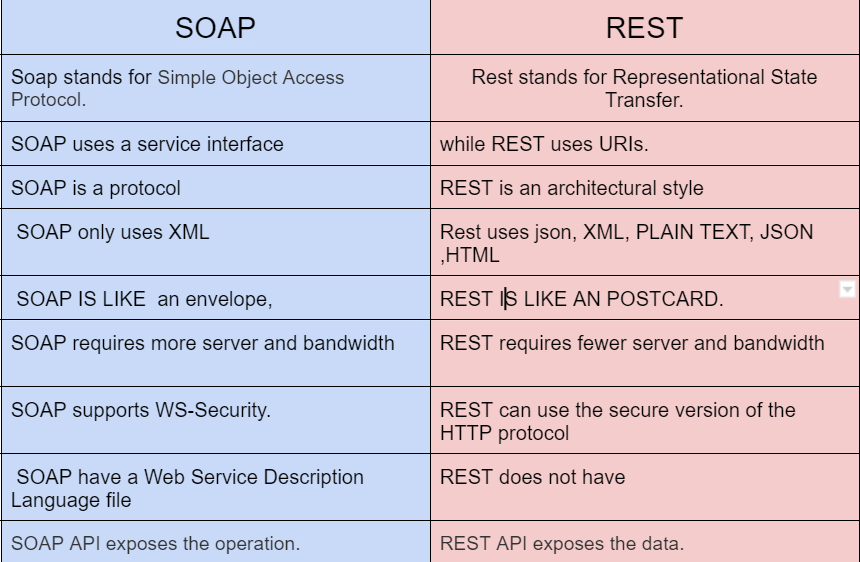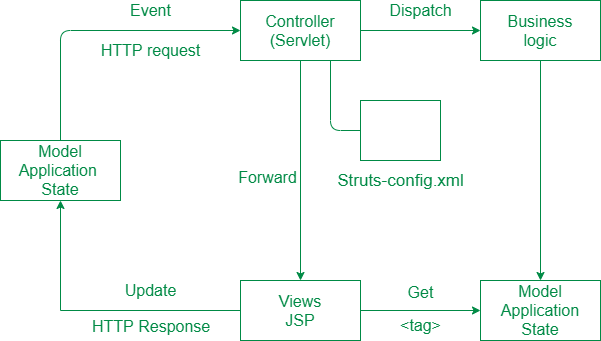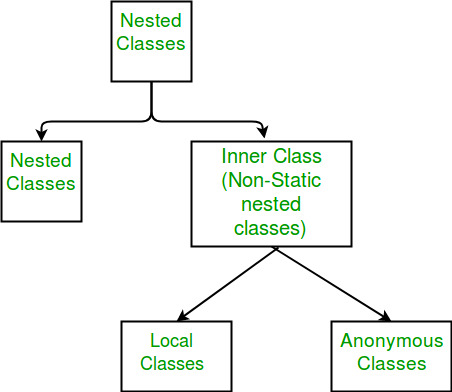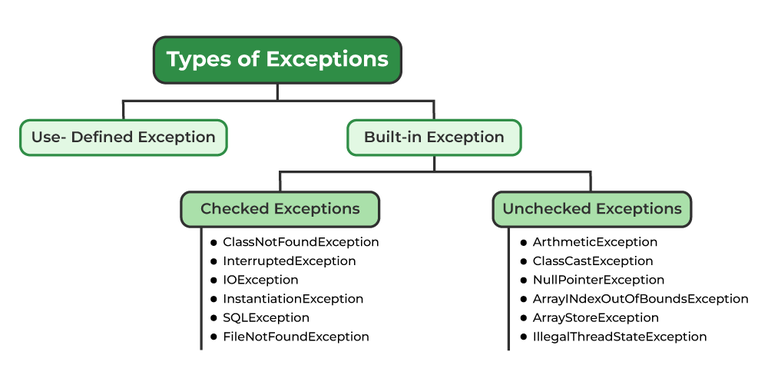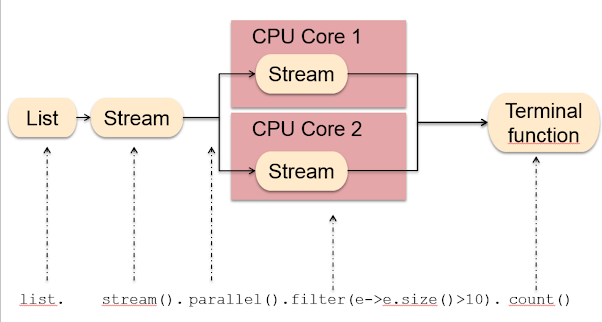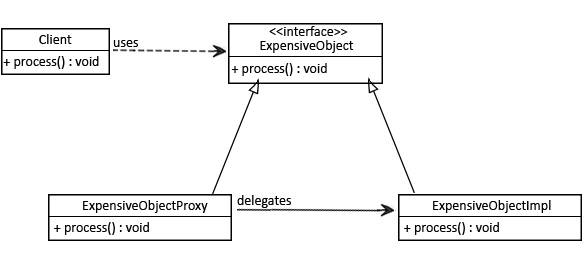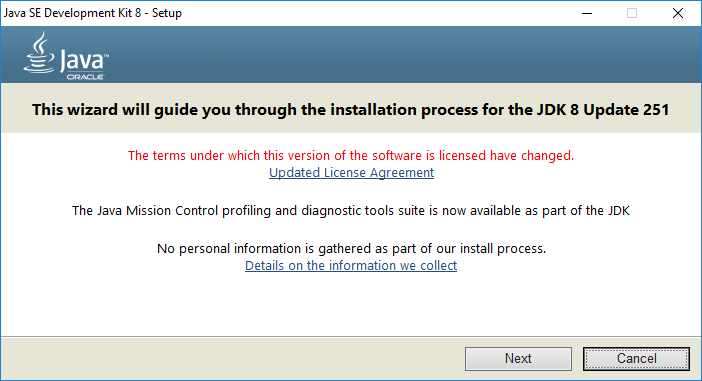Do while loop Java
Do while loop Java
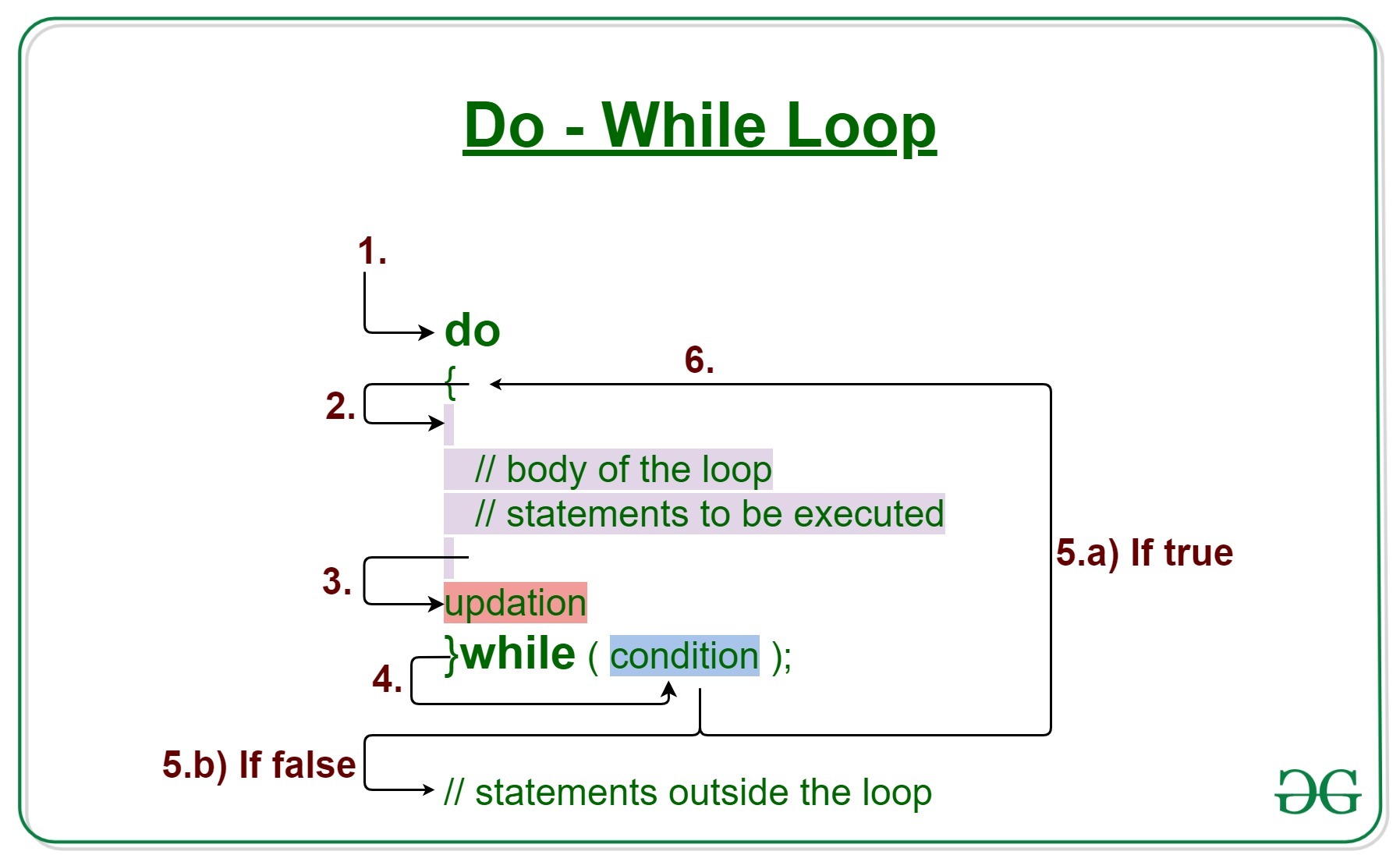
I'm happy to help you with that! Here's an example of a Do-While Loop in Java:
import java.util.Scanner;
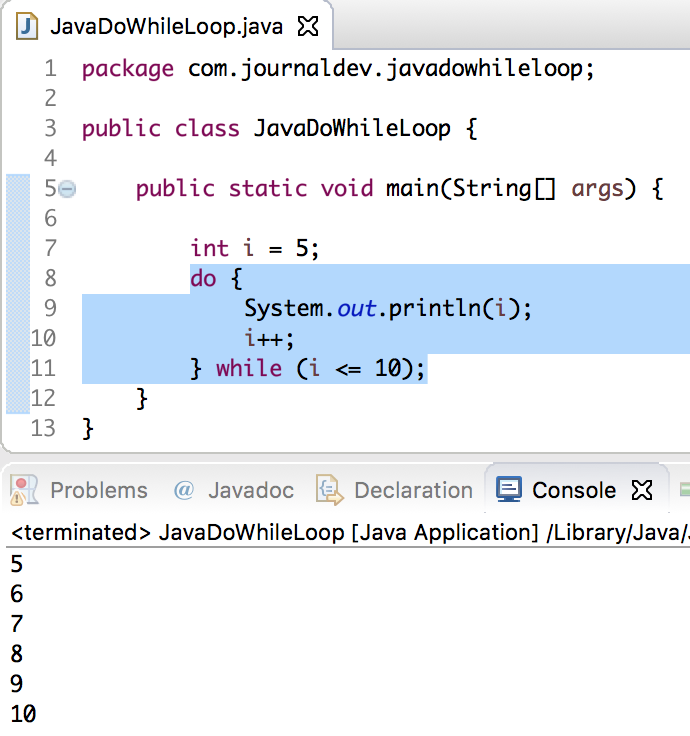
public class DoWhileLoop {
public static void main(String[] args) {
Scanner scanner = new Scanner(System.in);
int count = 0;
boolean continueLoop = true;
do {
System.out.print("Enter your name: ");
String name = scanner.nextLine();
if (name.equalsIgnoreCase("quit")) {
continueLoop = false;
} else {
System.out.println("Hello, " + name + "! You're the " + ++count + " visitor.");
}
} while (continueLoop);
System.out.println("Goodbye!");
}
}
In this code:
We import theScanner class to get user input. We create a do-while loop, which will execute the block of code at least once before checking the condition. Inside the loop, we ask the user for their name using System.out.print(). If the user enters "quit", we set continueLoop to false, which will exit the loop when checked. For all other inputs, we print a greeting message and increment a counter variable (count) to keep track of the number of visitors. Finally, after the loop finishes (when continueLoop is false), we print a farewell message.
Here's how you can run this code:
Compile it usingjavac DoWhileLoop.java Run the compiled program with java DoWhileLoop
Example interaction:
Enter your name: John
Hello, John! You're the 1 visitor.
Enter your name: Jane
Hello, Jane! You're the 2 visitor.
Enter your name: quit
Goodbye!
Note that this is just one example of how you can use a do-while loop in Java. The specific implementation will depend on your needs and the requirements of your program.
What is a for loop for in Java?
I'm happy to respond in English this time!
A for loop in Java is a type of control structure that allows you to execute a block of code repeatedly for a specified number of times or until a certain condition is met. It's a fundamental construct in programming languages, including Java.
The general syntax of a for loop in Java is as follows:
for (initialization; condition; increment) {
// code to be executed
}
Let me break down each part:
Initialization: This is where you set the starting value for your loop counter. It only needs to happen once, at the beginning of the loop. Condition: This is a boolean expression that's evaluated after each iteration. If it's true, the code inside the loop will run; if it's false, the loop will exit. Increment (or decrement): This is where you update your loop counter to prepare for the next iteration.Here are some examples of when and how you might use a for loop in Java:
Looping through an array or collection: You can initialize the index variable to 0, set the condition to bei < array.length, and increment it by 1 each time. This way, you can access each element in the array.
int[] scores = {90, 80, 70, 60};
for (int i = 0; i < scores.length; i++) {
System.out.println("Score " + i + ": " + scores[i]);
}
i <= endingValue, and increment it by 1 each time. This way, you can perform some operation on all integers in that range.
for (int i = 1; i <= 10; i++) {
System.out.println("The sum of " + i + " is: " + calculateSum(i));
}
i < data.size(), and increment it by 1 each time. This way, you can perform some operation on each object in a collection.
List students = Arrays.asList(new Student("Alice"), new Student("Bob"));
for (int i = 0; i < students.size(); i++) {
System.out.println("Student " + i + ": " + students.get(i).getName());
}
In summary, for loops in Java are a powerful tool for repeating code execution until a specific condition is met. By mastering the for loop, you can write efficient and readable programs that efficiently process large datasets or perform repetitive tasks.
